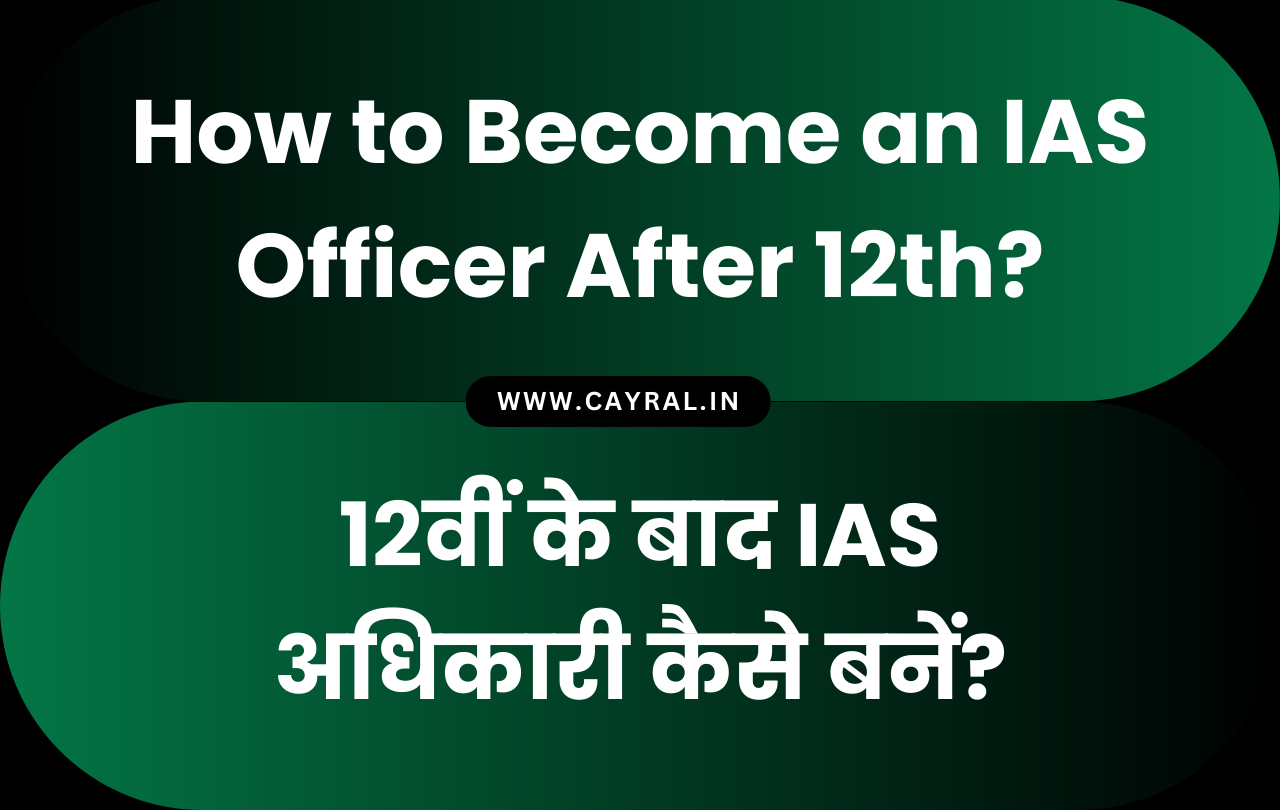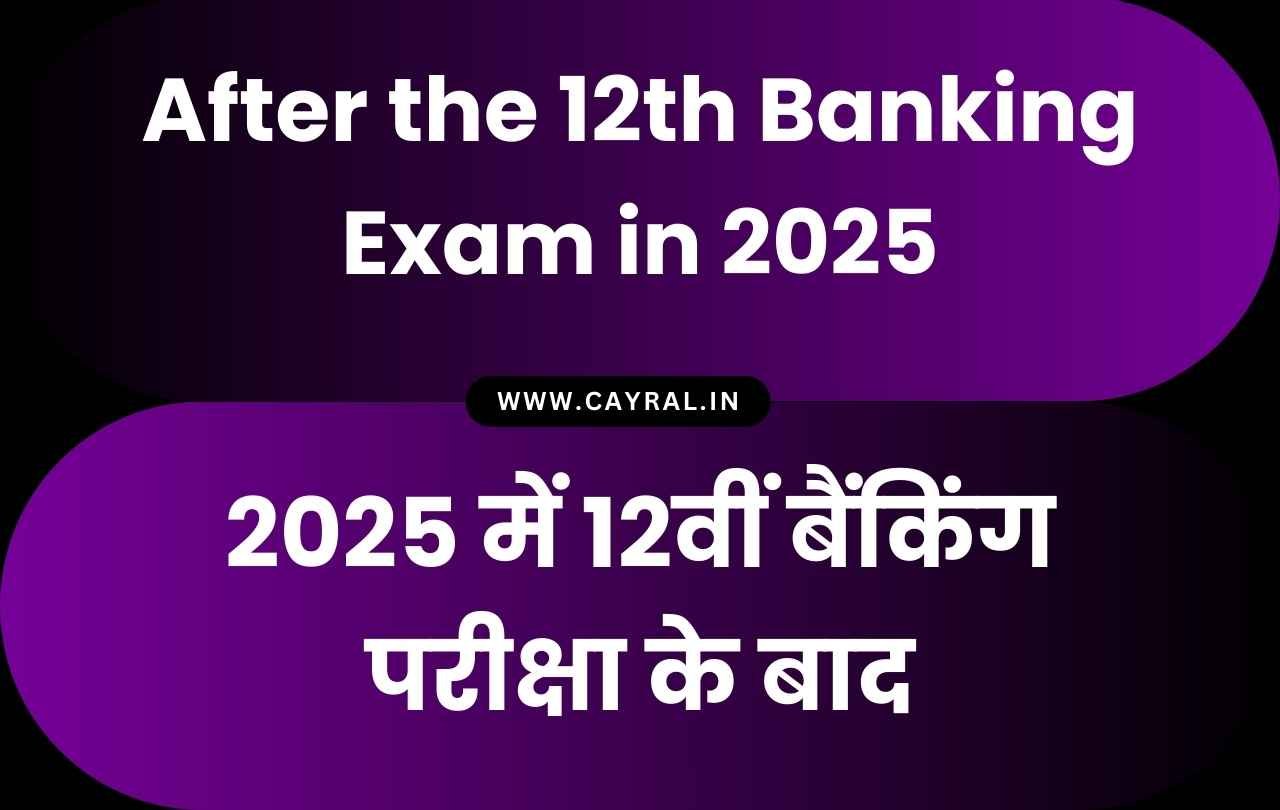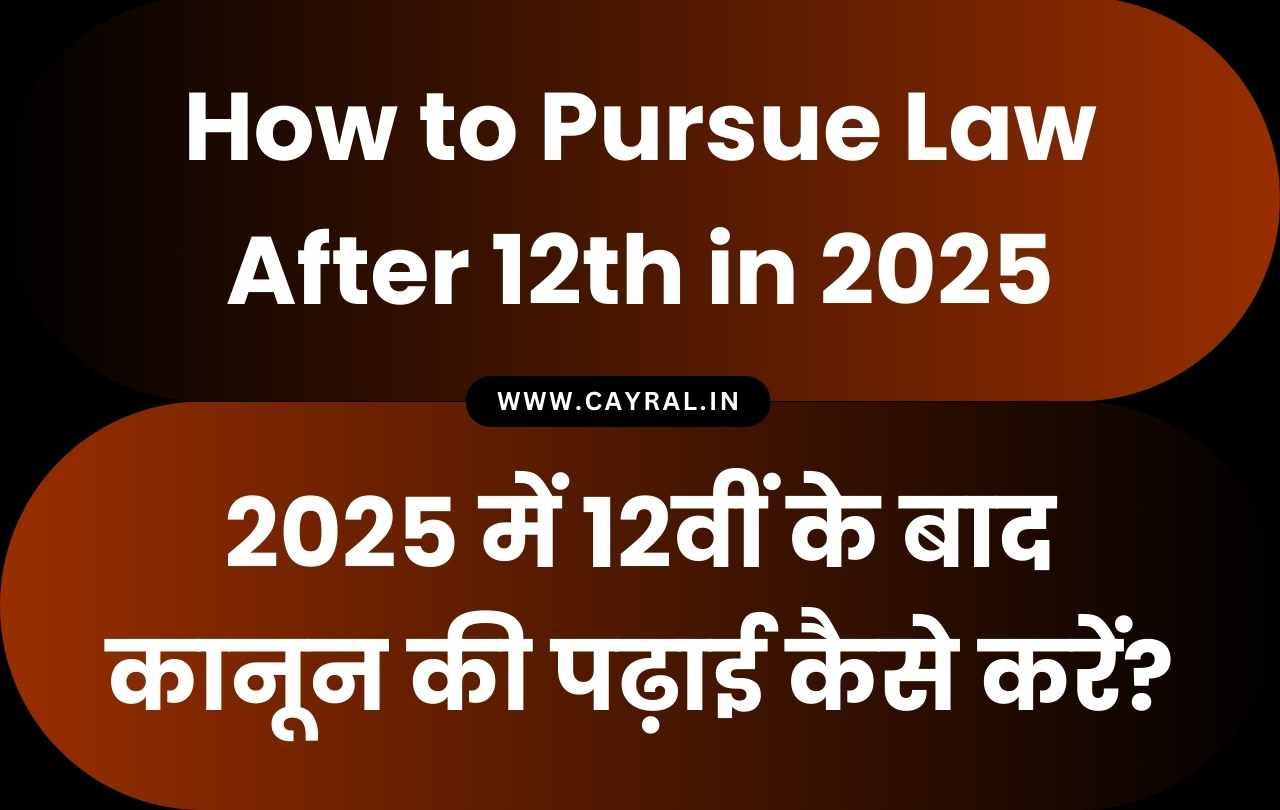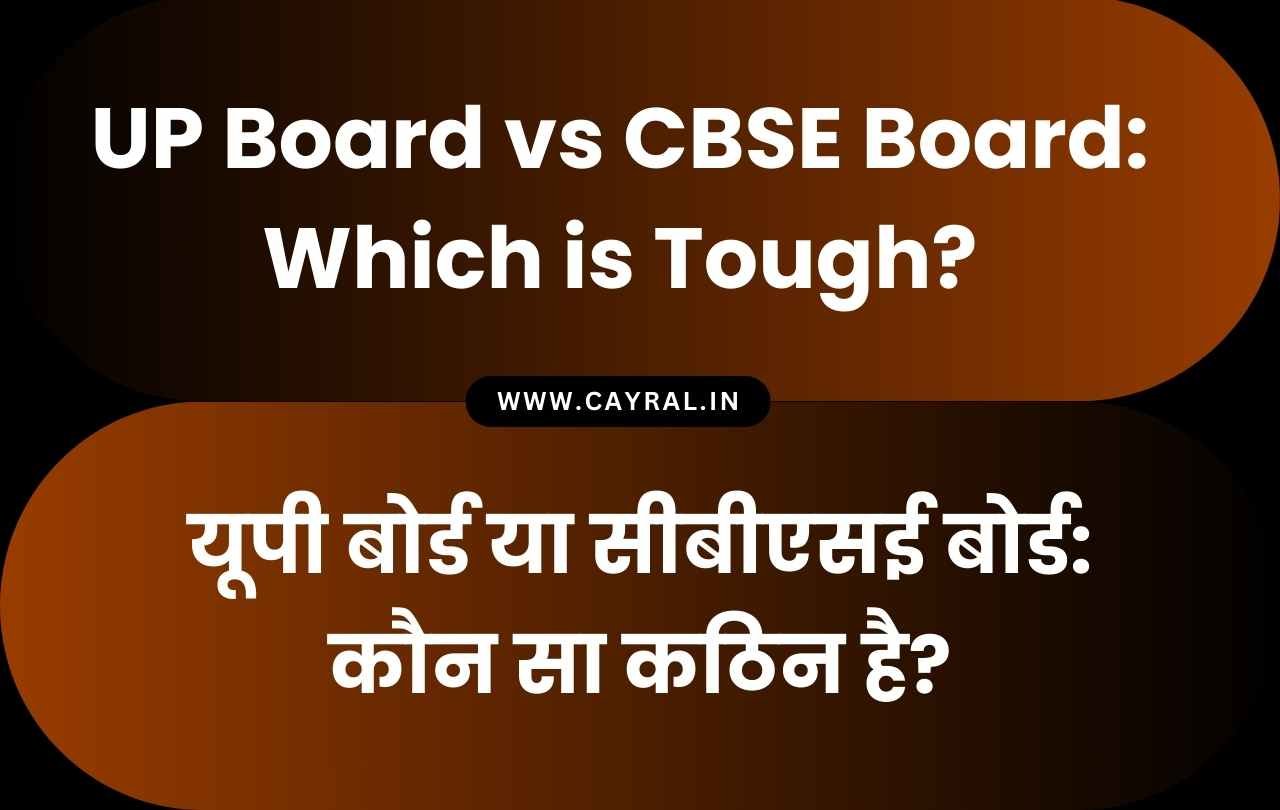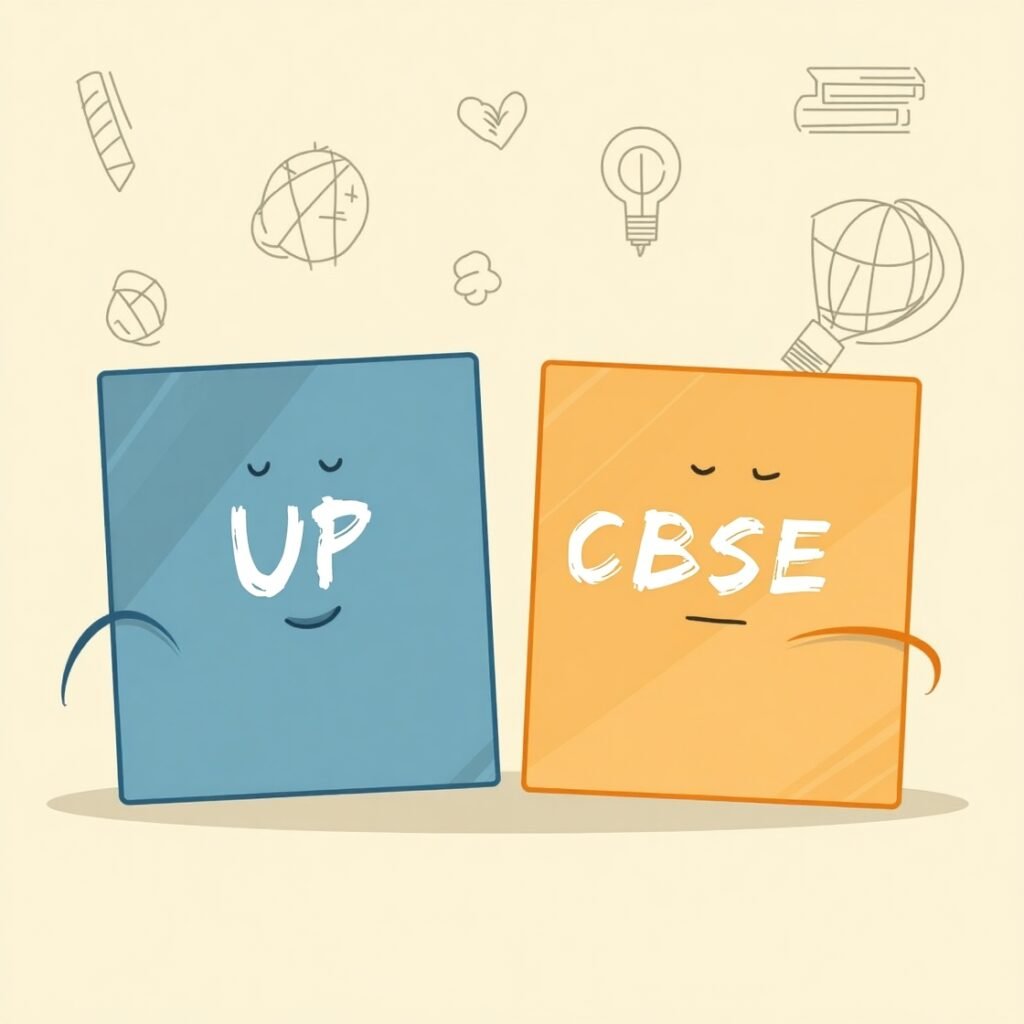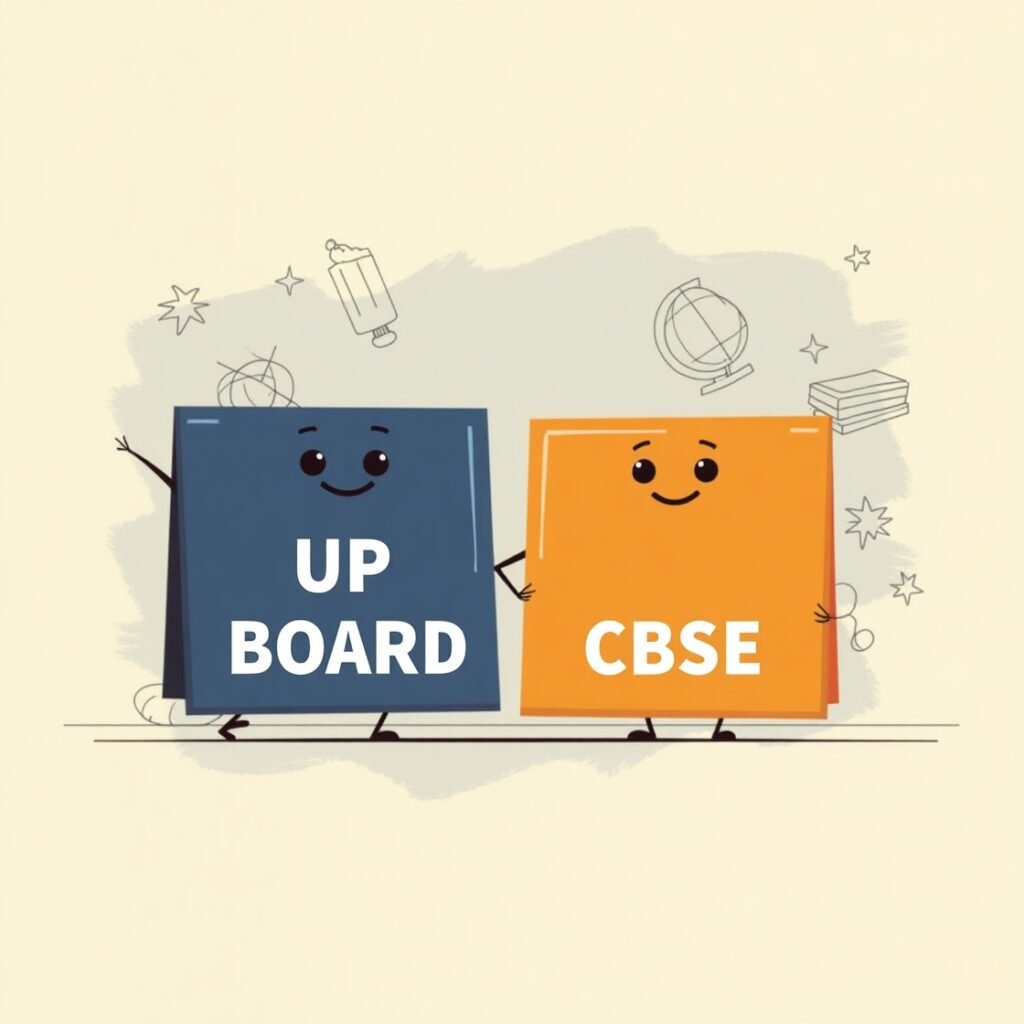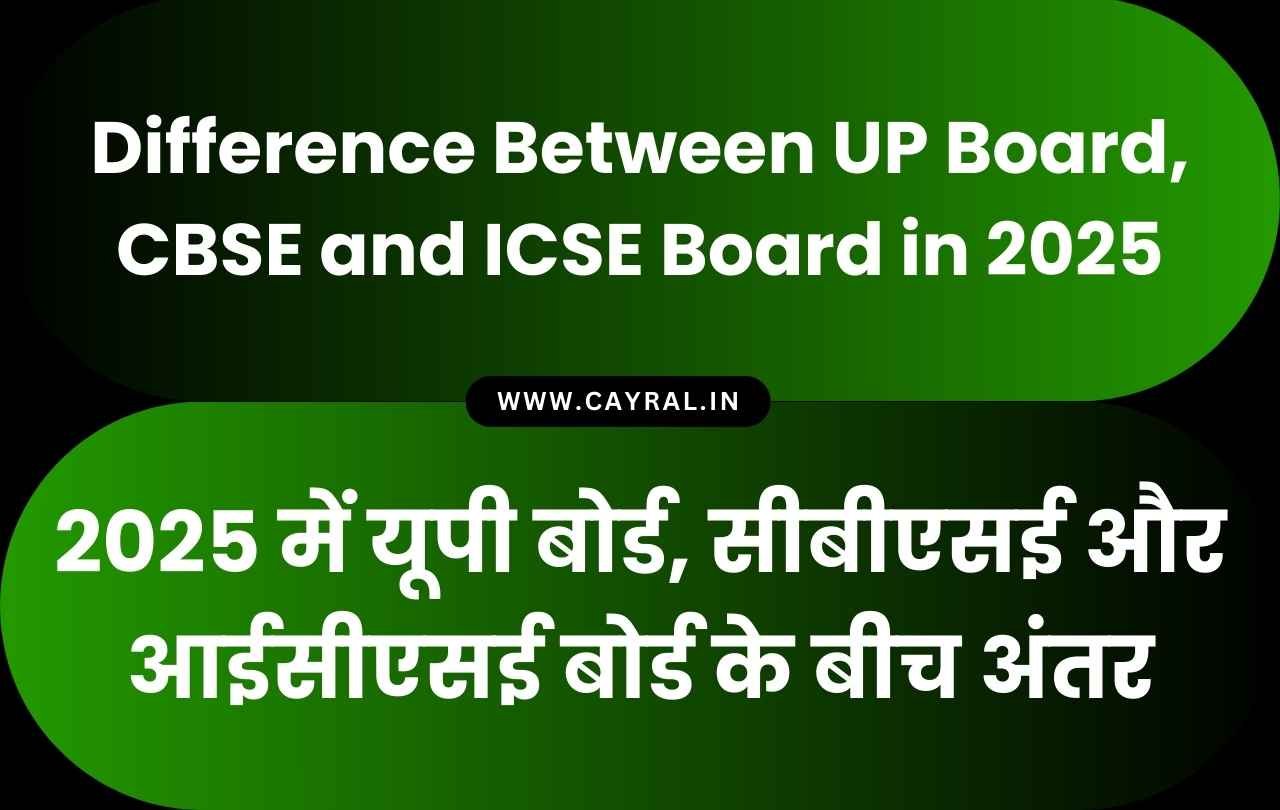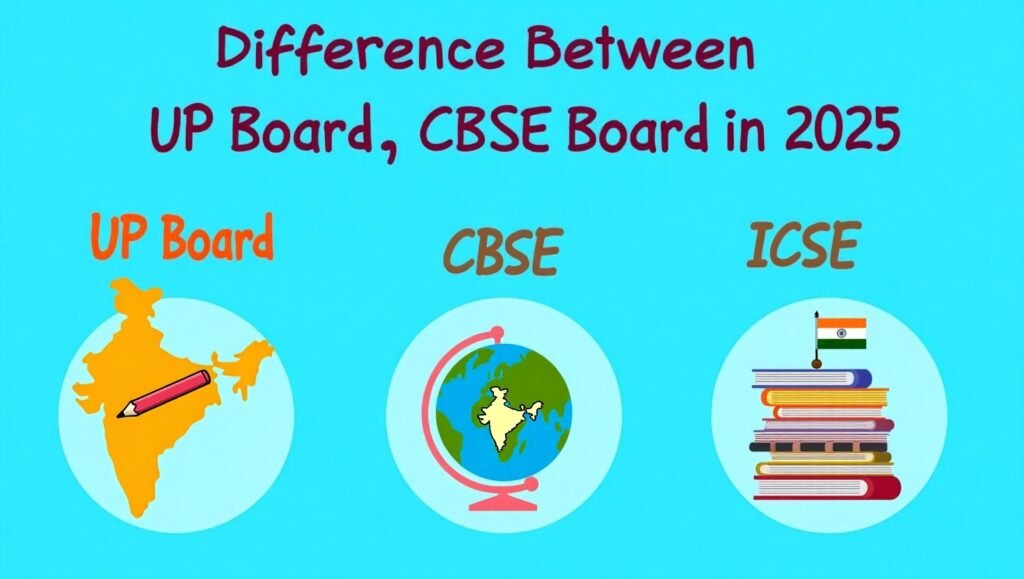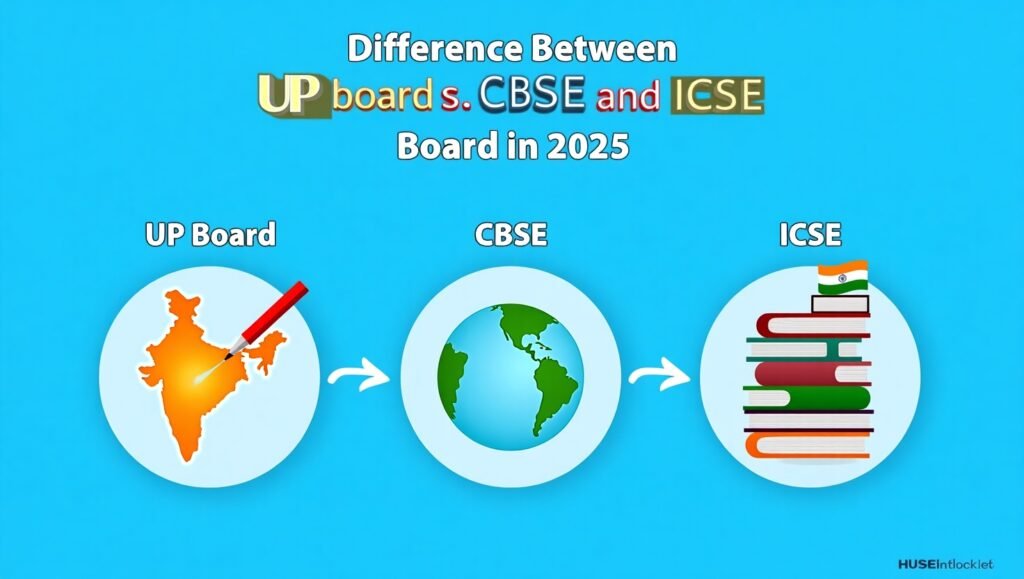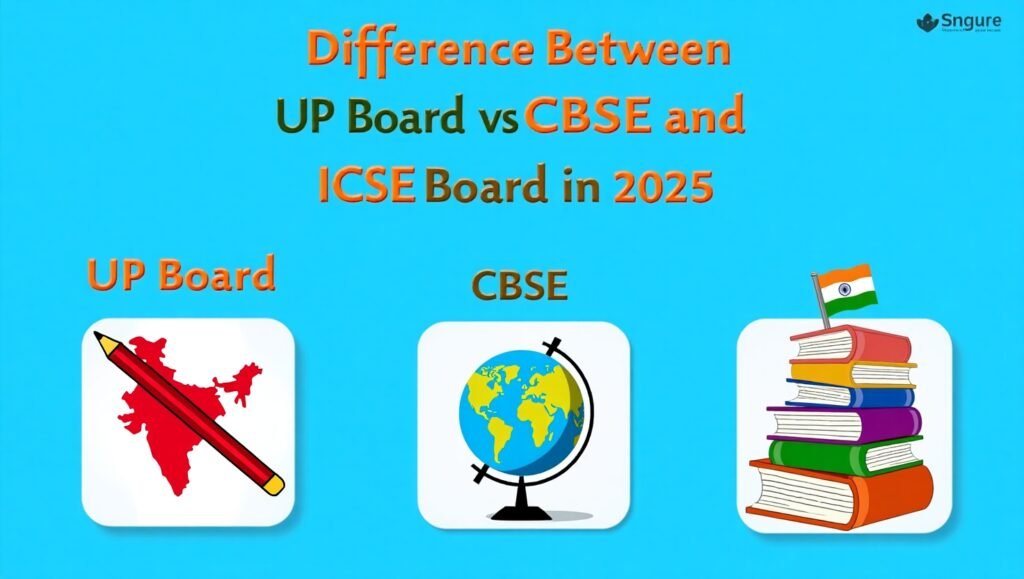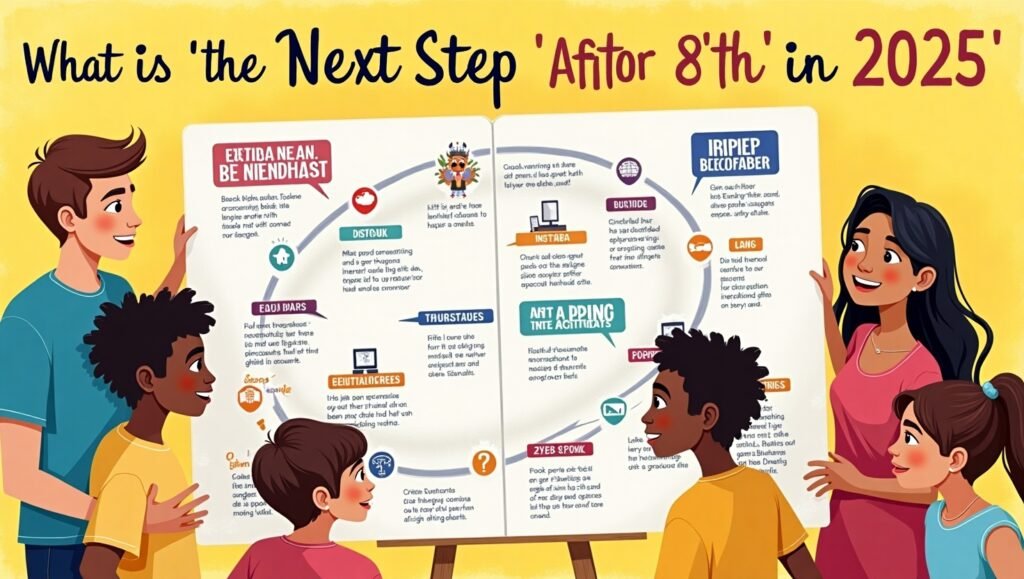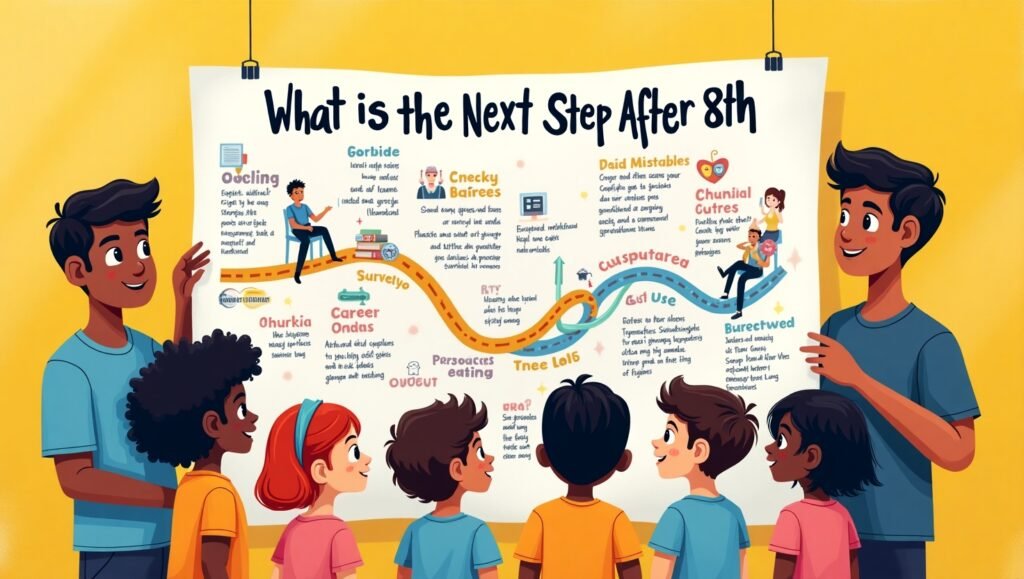How to Become an IAS Officer After 12th? Becoming an Indian Administrative Service (IAS) officer is a dream career for many students in India. It is one of the most prestigious government jobs, offering authority, job security, and the opportunity to serve the nation. If you are wondering How to Become an IAS Officer After the 12th?, this guide provides a step-by-step roadmap covering eligibility, required qualifications, preparation strategies, and career prospects.
Why Choose IAS as a Career in 2025?
- High salary and job security.
- Powerful administrative role with decision-making authority.
- Opportunity to serve the country and make a difference.
- Attractive perks and benefits (Official residence, vehicle, allowances, pension).
- Career growth opportunities leading to top government positions.
How to Become an IAS Officer After 12th

Can You Become an IAS Officer After 12th?
No, you cannot apply for the IAS exam immediately after 12th. The minimum qualification required for IAS is a graduation degree. However, if you have just completed 12th and aim to become an IAS officer, you must follow a strategic career plan to reach your goal.
Step-by-Step Guide to Becoming an IAS Officer After 12th
Step 1: Choose the Right Graduation Course (3-4 Years)
- Eligibility for IAS: You must complete any bachelor’s degree from a recognized university.
- Best degrees for IAS preparation:
- B.A. in Political Science / History / Public Administration (Best for humanities students)
- B.Tech / B.Sc / B.Com (Any stream is allowed)
- BBA / LLB (If interested in business or law background)
- Why? The UPSC syllabus covers subjects like history, geography, polity, and economics. A humanities-based degree helps in easy preparation.
Step 2: Understand the IAS Exam (UPSC CSE) Pattern
The IAS officer selection happens through the UPSC Civil Services Examination (CSE), which has three stages:
| Stage | Exam Name | Nature |
|---|---|---|
| Stage 1 | Preliminary Exam (Prelims) | Objective MCQ-based |
| Stage 2 | Main Exam (Mains) | Written descriptive papers |
| Stage 3 | Personality Test (Interview) | Face-to-face assessment |
Step 3: Start UPSC Preparation Along with Graduation
- Read NCERT books (Class 6-12) for History, Geography, Economy, and Polity.
- Follow daily current affairs (The Hindu, Indian Express, PIB).
- Practice essay writing to improve answer presentation.
- Join UPSC coaching (optional) or follow online courses.
- Attempt mock tests regularly to assess your preparation.

Step 4: Appear for the UPSC CSE Exam After Graduation
- The minimum age to appear for IAS (UPSC CSE) is 21 years.
- Number of attempts:
- General Category – 6 attempts (till 32 years)
- OBC – 9 attempts (till 35 years)
- SC/ST – Unlimited attempts (till 37 years)
- Application Process:
- Apply online on the UPSC official website (www.upsc.gov.in).
- Select the optional subject for the Mains exam.
- Choose the UPSC exam center based on preference.
Best Coaching Institutes for IAS Preparation (Optional)
- Drishti IAS (Delhi, Online Classes Available)
- Vision IAS (Delhi, Hyderabad, Online Courses)
- Rau’s IAS Study Circle
- Vajiram & Ravi
- Unacademy & BYJU’S IAS (Online Coaching)

Recommended Books for IAS Preparation
| Subject | Best Books |
|---|---|
| History | NCERT (Class 6-12), India’s Struggle for Independence by Bipan Chandra |
| Polity | Indian Polity by M. Laxmikanth |
| Economy | Ramesh Singh’s Indian Economy, NCERT books |
| Geography | NCERT (Class 6-12), GC Leong’s Physical Geography |
| Current Affairs | The Hindu, PIB, Yojana Magazine |
IAS Officer Salary & Perks (2025)
| Rank | Basic Salary (Per Month) | Total Salary (Approx) |
|---|---|---|
| Entry-level (Junior IAS) | Rs.56,100 | Rs.1,00,000 – Rs.1,30,000 |
| Senior IAS Officer | Rs.67,700 – Rs.2,50,000 | Rs.2,00,000+ |
| Cabinet Secretary | Rs.2,50,000 | Rs.3,00,000+ |
Perks & Allowances
- Official residence & car
- Medical benefits
- Travel & DA allowances
- Pension & lifetime security

Alternative Pathways to Become an IAS Officer After 12th
If you don’t want to wait till graduation, you can join these services after 12th and later appear for the UPSC exam:
1. Join NDA (National Defence Academy) & Appear for UPSC Later
- Clear NDA exam after 12th and join the Indian Army/Navy/Air Force.
- After serving, you can appear for the UPSC exam while in service.
2. Appear for SSC Exams & Join Government Services
- Take the SSC CGL/CHSL exams after 12th to enter government jobs.
- Gain experience and later attempt UPSC CSE.
3. Become a State Government Officer & Prepare for UPSC
- Appear for State PSC exams (BPSC, UPPSC, MPPSC, etc.).
- Gain experience and later attempt the UPSC IAS exam.
FAQs: Can I become an IAS officer after the 12th?
Can I become an IAS officer after 12th?
No, you need to complete graduation first to be eligible for the UPSC IAS exam.
Which degree is best for IAS preparation?
A BA in Political Science, History, Public Administration, or Economics is best for IAS, but any graduate can apply.
Is coaching necessary for IAS preparation?
No, self-study is possible with dedication, but coaching helps in structured learning.
How many attempts are allowed for the IAS exam?
General category – 6 attempts, OBC – 9 attempts, SC/ST – Unlimited attempts till 37 years.
What is the IAS officer’s salary in 2025?
A newly recruited IAS officer earns Rs.1,00,000+ per month, while a senior officer earns.


